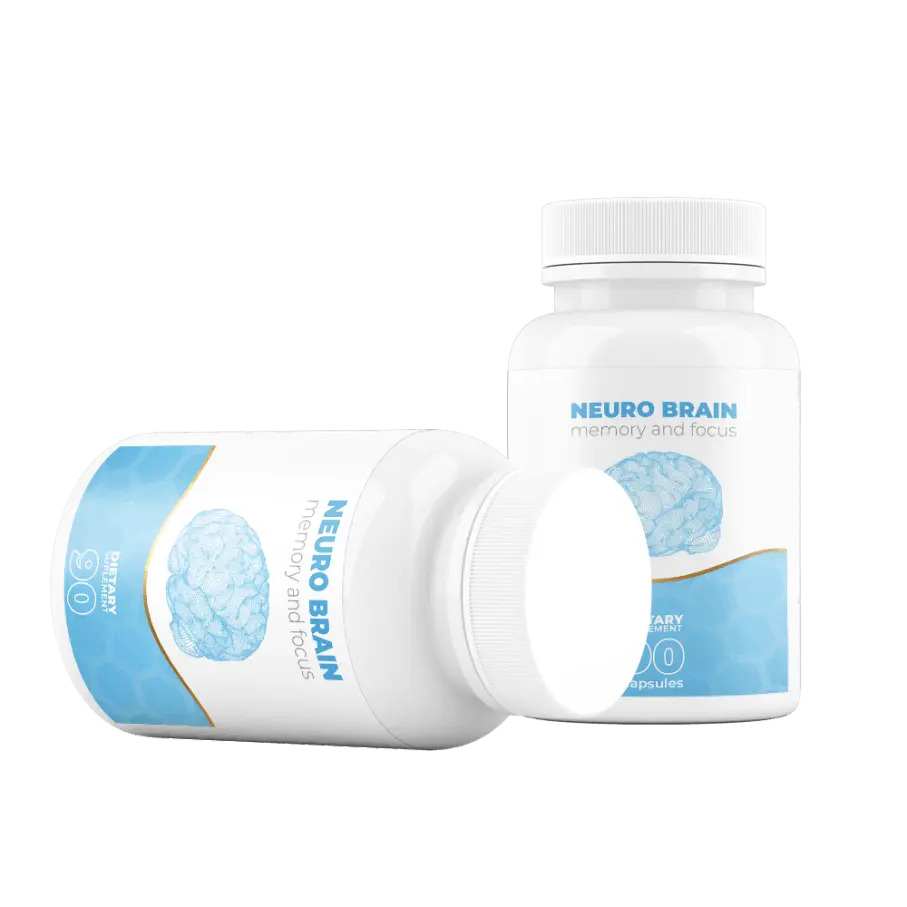Neuro-ophthalmology is a specialized field of medicine that focuses on the intricate relationship between the brain and the eyes. It combines aspects of both neurology and ophthalmology, specifically dealing with conditions where vision problems are linked to the nervous system. This branch of medicine plays a vital role in diagnosing and treating disorders related to the optic nerve, visual pathways, and brain regions that control vision. Understanding how the brain and eyes work together can help us appreciate the complexities of neuro-ophthalmology and its importance in maintaining optimal eye health.
The Connection Between the Eyes and the Brain
Vision is not just a function of the eyes; it’s a complex process that involves the eyes and the brain working together. When light enters the eye, it travels through the cornea, pupil, and lens, eventually reaching the retina at the back of the eye. The retina is home to photoreceptor cells that detect light and convert it into electrical signals. These signals are transmitted via the optic nerve to the brain, where they are processed and interpreted as the images we see.
However, when there is a problem with the optic nerve, visual pathways, or brain regions responsible for vision, it can lead to significant vision disturbances. Neuro-ophthalmology focuses on identifying and treating conditions that interfere with this complex connection between the eye and the brain.
Common Disorders Treated in Neuro-Ophthalmology
There are several conditions that can affect the eye-brain connection, leading to visual impairments. Some of the most common disorders treated by neuro-ophthalmologists include:
- Optic Neuritis: Inflammation of the optic nerve, often associated with multiple sclerosis (MS), which can lead to sudden vision loss, pain, and discomfort.
- Papilledema: Swelling of the optic disc due to increased intracranial pressure, often a result of brain tumors, strokes, or other neurological conditions.
- Double Vision (Diplopia): Caused by abnormalities in the muscles controlling eye movement or damage to the nerves that coordinate eye function.
- Stroke-Related Vision Loss: Strokes that affect the brain’s visual processing areas can lead to visual field loss or other forms of vision impairment.
- Brain Tumors: Tumors that impact the visual pathways in the brain can cause disruptions in vision, eye movement, and overall visual perception.
For those experiencing any of these symptoms, seeking medical attention from a specialized Neuro-Ophthalmology hospital in Pathanamthitta can help in diagnosing and managing these conditions effectively.
The Role of Neuro-Ophthalmologists
Neuro-ophthalmologists are specialized doctors trained to diagnose and treat vision problems that arise from the nervous system. These professionals have expertise in both the medical and surgical aspects of eye care and neurological conditions, allowing them to offer a comprehensive approach to treating vision disorders related to the brain and optic nerves.
By conducting thorough eye exams, using advanced imaging techniques like MRI and CT scans, and performing visual field tests, neuro-ophthalmologists can identify the root cause of a patient’s vision problems. Based on the diagnosis, they can provide a range of treatment options, from medications and eye therapies to surgical procedures, depending on the severity of the condition.
When to Consult a Neuro-Ophthalmologist
If you notice any sudden changes in your vision, such as double vision, vision loss, eye pain, or difficulty seeing clearly, it’s important to consult a neuro-ophthalmologist. These could be early signs of underlying neurological conditions that require immediate attention. Timely intervention can help prevent further damage and improve the chances of recovery.
Neuro-Ophthalmology at Amita Eye Care
At Amita Eye Care, we offer expert care for neuro-ophthalmological conditions. Our team of experienced neuro-ophthalmologists is dedicated to providing accurate diagnoses and effective treatments for a range of vision problems caused by neurological disorders. Whether you're experiencing sudden vision changes or have concerns about your eye health, our specialists are here to help you navigate the complexities of neuro-ophthalmology and ensure that you receive the best care possible.
How the Brain Processes Visual Information
The brain’s visual processing system is incredibly sophisticated. Once the electrical signals from the optic nerve reach the brain, they are processed by the occipital lobe, located at the back of the brain. This area is responsible for interpreting the information and creating the visual images we perceive. However, the brain also relies on other areas for tasks like eye movement control, depth perception, and color recognition.
When any of these brain areas or pathways are disrupted due to conditions like strokes, tumors, or neurodegenerative diseases, it can affect how we see the world. Neuro-ophthalmology focuses on diagnosing and treating these disruptions to improve vision and restore visual function.
Conclusion
Neuro-ophthalmology is a crucial field that helps bridge the connection between the eyes and the brain. Understanding how the brain processes visual information and how vision disorders can arise from neurological conditions is essential for proper diagnosis and treatment. If you or someone you know is experiencing vision problems related to the nervous system, seeking care from a specialized Neuro-Ophthalmology hospital in Pathanamthitta or best eye hospital in Thiruvalla is key to achieving the best possible outcomes. With the right care, patients can manage their conditions and preserve their vision.
Neuro-ophthalmology plays a vital role in preserving vision and treating conditions that impact the brain and eyes. If you're experiencing any concerning symptoms, don't hesitate to consult with a neuro-ophthalmologist to get the proper diagnosis and treatment.





























